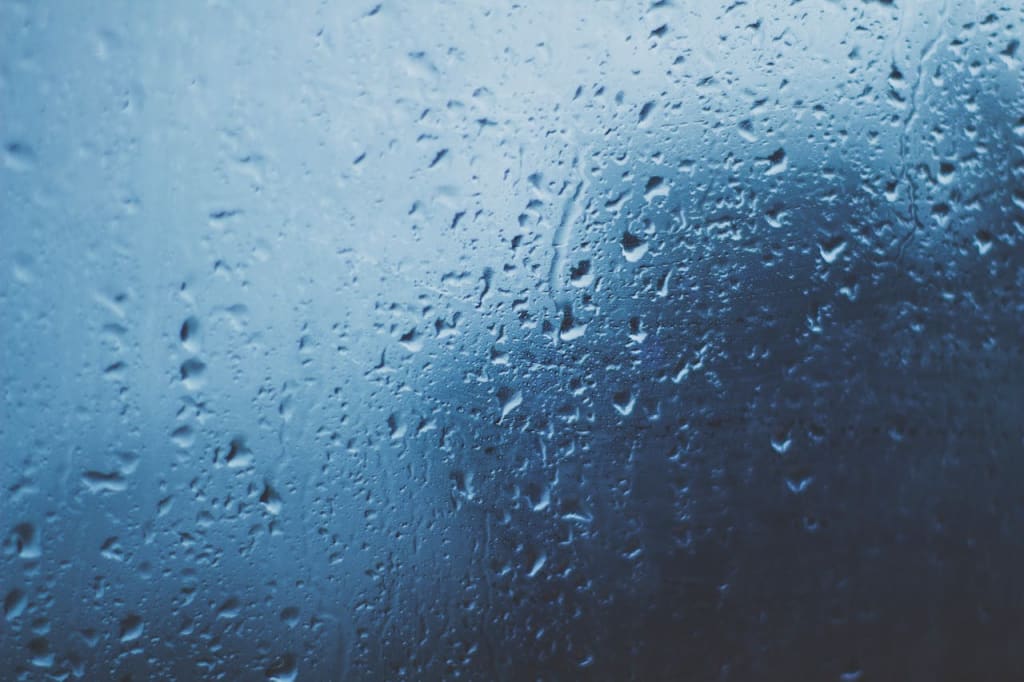Life without water
The loss of water would have far-reaching consequences for human health

Life without water is a terrifying concept, as water is the essence of existence itself. It's not just a vital resource; it's the fundamental building block of life on Earth. Imagining a world without water is akin to envisioning a barren wasteland, devoid of all forms of life as we know it. From the smallest microorganism to the largest mammal, every living being depends on water for survival. Without it, the very fabric of our planet would unravel, leaving behind desolation and despair.
In a world without water, the landscape would be drastically altered. The lush greenery of forests and meadows would wither away, replaced by dry, cracked earth. Rivers, lakes, and oceans would become nothing more than dusty beds, devoid of the vibrant ecosystems they once supported. The absence of water would trigger a cascade of environmental catastrophes, leading to widespread extinction of plant and animal species. The delicate balance of nature would be irreversibly disrupted, leaving behind a world teetering on the brink of collapse.
The human race would face unimaginable challenges in a waterless world. Without water, agriculture would be impossible, leading to widespread famine and food shortages. Crops would fail to grow, and livestock would perish from dehydration. The global economy would grind to a halt as countries scrambled to secure dwindling resources and stave off starvation. Wars would erupt over access to the few remaining sources of water, leading to further chaos and devastation.
In urban areas, the absence of water would bring about a collapse of infrastructure and public services. Without water for drinking, sanitation, and hygiene, disease would run rampant, claiming countless lives. The lack of water for firefighting would turn cities into tinderboxes, with fires raging unchecked through the streets. Basic necessities like cooking, cleaning, and bathing would become luxuries of the past, as people struggled to survive in a world devoid of moisture.
The loss of water would have far-reaching consequences for human health and well-being. Dehydration would be a constant threat, leading to fatigue, weakness, and organ failure. Without water to regulate body temperature, heatstroke and hypothermia would become common ailments, particularly in regions prone to extreme weather. Waterborne illnesses like cholera and dysentery would spread unchecked, claiming even more lives in their wake. The absence of clean water for medical facilities would make treating these illnesses nearly impossible, condemning many to a slow and agonizing death.
Beyond the physical toll, the psychological impact of living in a waterless world would be devastating. The constant struggle for survival, coupled with the loss of loved ones and the collapse of society, would take a heavy toll on the human spirit. Despair and hopelessness would become pervasive as people grappled with the enormity of their situation. The once-thriving cities would become ghost towns, haunted by the echoes of a bygone era.
Yet, even in the face of such adversity, humanity is resilient. Throughout history, we have faced countless challenges and overcome seemingly insurmountable odds. In a world without water, innovation and ingenuity would become our greatest assets. Scientists and engineers would work tirelessly to find alternative sources of hydration, from extracting moisture from the air to purifying contaminated groundwater. Desalination technology would undergo rapid advancements, providing a lifeline to coastal communities facing drought.
Communities would band together to share resources and support one another in their time of need. Traditional knowledge and practices for water conservation would be revived and passed down from generation to generation. Rainwater harvesting, greywater recycling, and drought-resistant farming techniques would become essential skills for survival.
Innovations in sustainable agriculture and aquaponics would allow food production to continue even in the most arid regions. Vertical farming and hydroponic systems would enable crops to be grown indoors, using minimal amounts of water. Genetic engineering could yield drought-resistant crops capable of thriving in harsh environments, ensuring a stable food supply for future generations.
The loss of water would force humanity to reassess its relationship with the natural world. We would come to recognize the preciousness of this finite resource and the need to protect and preserve it for future generations. Conservation efforts would be stepped up, with strict regulations on water usage and pollution. Efforts to combat climate change would be redoubled, as we seek to mitigate the impact of rising temperatures on global water supplies.
In the absence of water, new forms of art, culture, and spirituality would emerge, reflecting our collective struggle and resilience. Stories of survival and perseverance would be passed down through oral tradition, serving as a reminder of the indomitable human spirit. Artists would find inspiration in the stark beauty of the desert landscape, using their creativity to convey the depths of human emotion in the face of adversity.
In the end, a world without water is a world without life. It is a bleak and desolate vision, filled with hardship and suffering. But it is also a world of possibility, where humanity is forced to confront its own limitations and discover untapped reserves of strength and resilience. In the face of such challenges, we must not lose hope, for it is in the darkest of times that the human spirit shines brightest.
About the Creator
Ekombe hau
Fictional stories writing and types of good narrative, histories science etc.
content creator in vocal media
lover of music
musical instrument Drummer
Master of psychology and counselling
Enjoyed the story? Support the Creator.
Subscribe for free to receive all their stories in your feed. You could also pledge your support or give them a one-off tip, letting them know you appreciate their work.






Comments
There are no comments for this story
Be the first to respond and start the conversation.